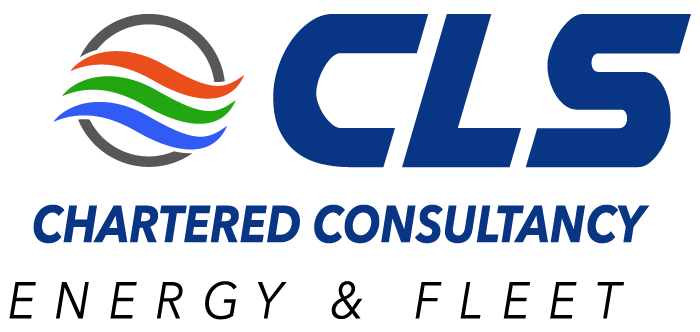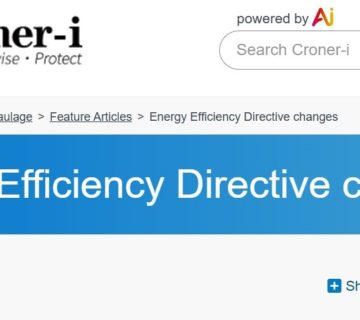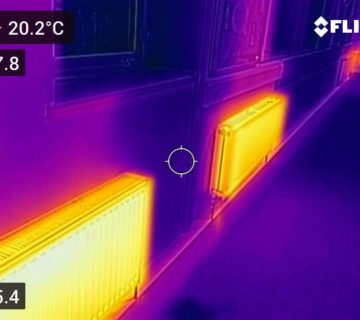Following a tightening of the regulations, there are now only 16 UK Lead Assessors registered to audit companies in Ireland for the Energy Efficiency Directive (EED)* Phase 3 or Phase 4 (*known as SI-426 in Ireland).
Of these, only 9 are able to deliver SI-426 (EED-ESOS)** Lead Assessments across all of Ireland.
Our Technical Director, Alan Asbury of CLS Energy is one of these 9.
Alan is also registered, experienced, and qualified to deliver EED-ESOS across the UK, as well as all of Sweden and Denmark.
CLS Energy can also provide compliant EED-ESOS audits to 15 of the 27 EU members states.
Contact us if you would like a no obligation discussion.
**The Energy Efficiency Directive (EES) has been implemented in each EU member state in subtly different ways. In the UK it is known as ESOS, in Ireland, as SI-426, in Sweden ESD & in Denmark, ECEEE.
Below is a summary of changes to ESOS Phase 4 in the EU:
-
Binding target
The new Energy Efficiency Directive (EED-ESOS) requires EU countries to reduce energy consumption by 11.7% by 2030, compared to 2020 projections. This is equivalent to a reduction of roughly the amount of energy that Spain uses annually.
-
Annual energy savings
The EED requires EU countries to achieve annual energy savings of at least 0.8% in 2021–2023, 1.3% in 2024–2025, 1.5% in 2026–2027, and 1.9% in 2028–2030.
-
Public sector
The public sector must reduce its energy consumption by 1.9% annually.
-
Building renovation
The obligation to renovate public buildings by 3% annually has been extended to all levels of public administration.
-
Gap-filling mechanism
If a member state falls behind on its national contributions, an enhanced “gap-filling mechanism” will be triggered.
-
National contributions
Member states will use a combination of objective criteria to set indicative national contributions.
- Thresholds
- The most significant change is the move from staff number (250) and financial thresholds (€50m turnover, €43m balance sheet) to an energy consumption threshold of 10 Tera Joules (TJ)* at least once in the past 3 years.
As with the UK, the recommendations from the energy audit must result in a concrete and feasible Action Plan.
Article 11(2) defines a clear deadline of 1 year to comply with the energy audit requirements for enterprises with an average annual energy consumption of more than 10 TJ at the time of the transposition of Directive (EU) 2023/1791. Following the same logic, and in order to treat all enterprises equally, enterprises that become subject of the 11(2) obligations at a later date, will have one year to comply with the energy audit requirements, unless they have delivered a compliant audit within 4 years.
If the average annual energy consumption should fall below 10TJ, an energy audit is not required (even if an obligation existed in the previous year(s) under the EED 2018).



